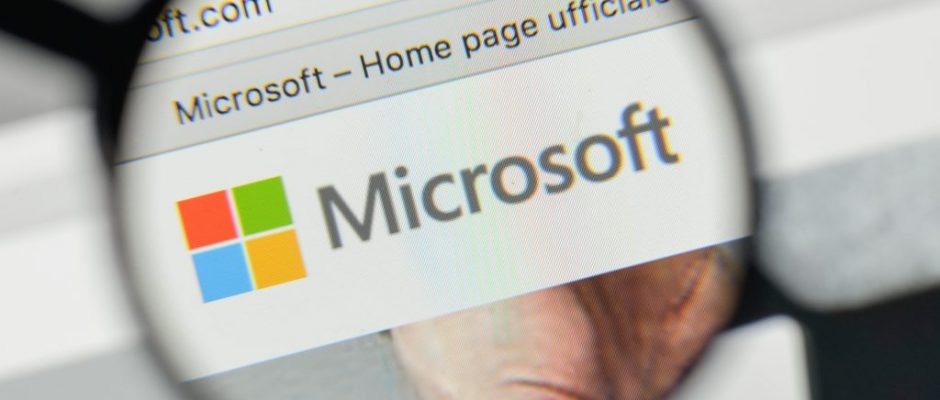Latest Microsoft outage ‘triggered’ by a cyber-attack
A second outage of several Microsoft services in two weeks, this one attributed to a cyber-attack, is fuelling further questions about the underlying security of the Windows operating system.
According to Microsoft: “While the initial trigger event was a Distributed Denial-of-Service (DDoS) attack… initial investigations suggest that an error in the implementation of our defenses amplified the impact of the attack rather than mitigating it.”
Services affected included Outlook, Azure, and Microsoft 365, with some people complaining on social media that they were unable to work. Starbucks customers also reported issues with the Starbucks app in Boston, New York, Washington DC, Dallas, Chicago, Los Angeles, Tampa and other cities. The disruption caused by this latest outage is, however, minor compared with the Windows outage caused by a mishandled CrowdStrike security upgrade, which resulted in canceled flights and marooned passengers in major international airports around the world last week.


